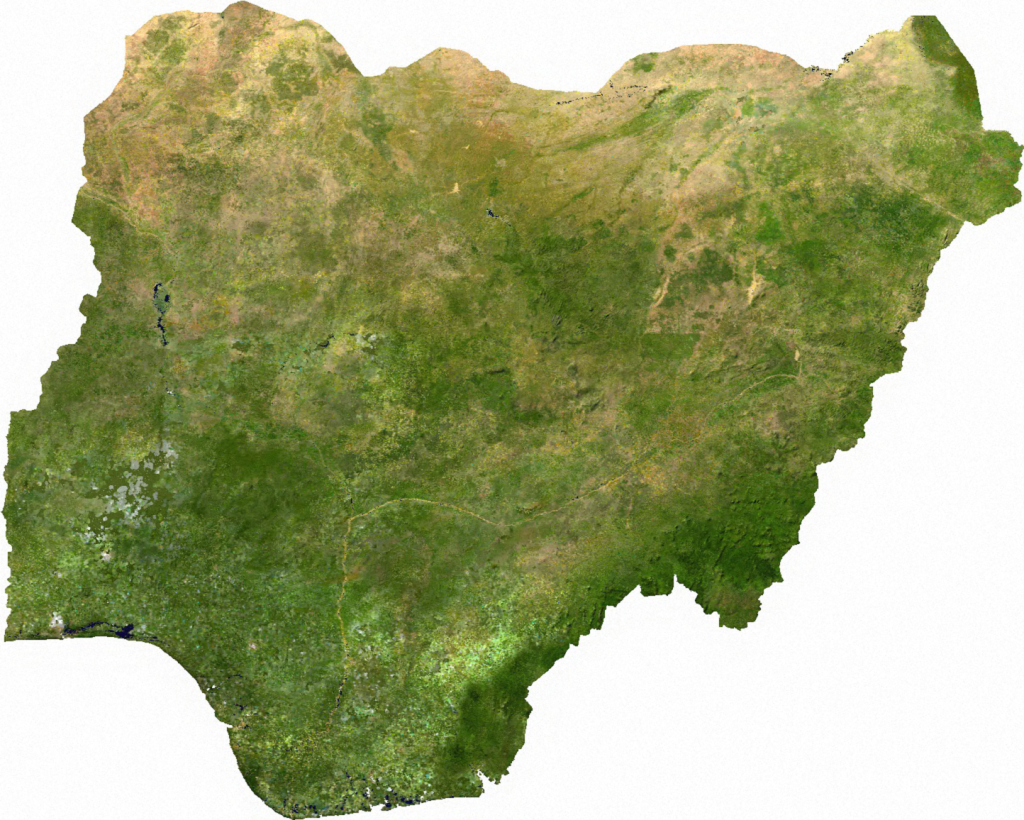
SIR: Can a man be a toddler at 56? This is the question confronting Nigerians from all walks of life as the nation marks 56 years of independence from British colonial rule tomorrow. Though this is the longest run of civil rule in the Country after the enthronement of democratic rule in May 1999, many ills still bedevil the sleeping giant of Africa 17 years on.
With an inept leadership, Nigeria, the seventh largest oil-producing nation in the world, massive corruption, insecurity, poor infrastructure (lacking of electricity, bad roads, and a moribund railway system for example), a dilapidating education and health system, have combined to leave Nigerians seeking redemption from their self-inflicted woes through several unorthodox means.
Indeed, assessing a country that has witnessed many military and civilian governments in her 56 years of existence cannot be a tea party. Nigeria has seen over 30 years of military regimes and a total of 26 years of civilian administrations. And while a total of eight soldiers had ruled the country, civilian administrations had produced only seven leaders. Interestingly, while the military rulers-General Aguiyi-Ironsi, Yakubu Gowon, Murtala Muhammad, Olusegun Obasanjo, Muhammad Buhari, Ibrahim Babangida, Sani Abacha and Abdul Salam Abubakar-were believed not have impacted much on the growth of the country because they were soldiers whose regimes in modern language were termed aberration, Nigerians have not ceased to bemoan the reality of their faring badly under democratic administrations.
Indeed, it has been canvassed over time that the problem of the nation lies at the doorstep of bad leadership. Perhaps, for the exception of Nigeria’s first generation leaders in the class of the late Dr Nnamdi Azikwe, Obafemi Awolowo, Sir Ahamdu Bello and their band of independence fighters, nearly all that had subsequently held leadership positions, especially in the political realm, had been found wanting.
As the nation gets set for her 56th independence anniversary, questions and more questions have cropped up. Has the country come of age? Is there need for celebration? Are there hopes of better tomorrow?
So as the 56th anniversary begins, Nigerians look forward to the actualization of the dreams and visions packaged by the founding fathers of this country. They also look forward to seeing a realistic improvement on the inherent inadequacies that have stood in the way of attaining peace, harmony, tranquility, progress and unity, in the first instance, and the accomplishments of all the tasks that will make room for true attainment of a Nigerian nation.
Ademola Orunbon,
Epe Lagos State.
TheNation
END

Be the first to comment